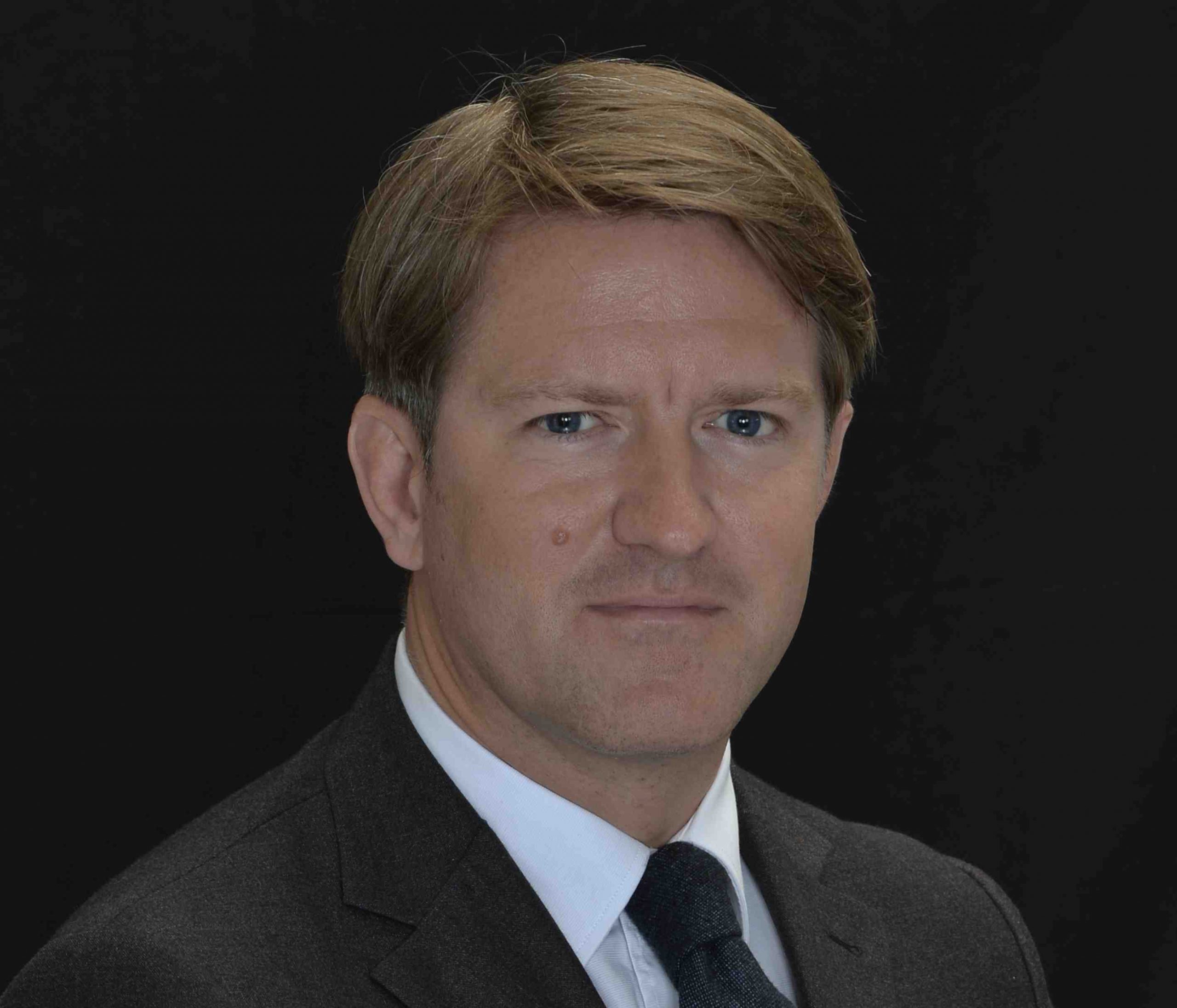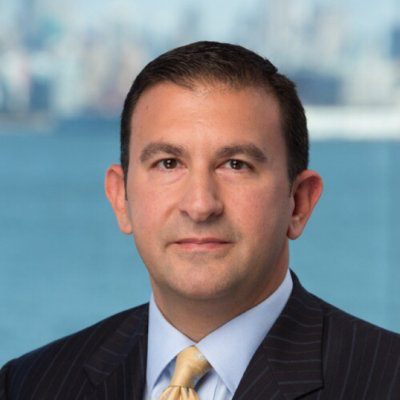Henderson: Waiting in The Wings
| For Alicia Miguel | 0 Comentarios

With Greece’s theatrics dominating the world stage, investors may have missed some compelling stories unfolding in the wings. Bill McQuaker, Co-Head of Multi-Asset at Henderson, spotlights three of his favourites: oil, emerging markets and job creation.
Oil: a new script
If investors thought oil’s slump was over, they were wrong. Rising US demand for petrol (gas) has been met by unfettered global supply, with prices heading south of US$60 again. Credible explanations include: an urgent need for foreign currency (Russia/Venezuela); the desire to re-assert control over the market (Saudi Arabia); and new supply (Iran). We also suspect innovations in horizontal drilling and re-fracking are only beginning to drive US oil field economics, pointing to over-supply in the immediate future.
Implications? We see three. First, the renewed sell-off may finally persuade consumers that low prices are here to stay. Expect the contributions to GDP growth from (particularly US) consumption to strengthen. Second, some oil producing countries may suffer further currency weakness, heaping pressure on their central banks to tighten policy; a financial shock to accompany an oil price collapse is a possibility, particularly if US rates rise soon. Third, price weakness is evident across the whole commodity complex. Investors who made a strategic allocation to commodities at their height may capitulate – posing opportunities for those who steered clear.
Wages: enter NAIRU
You know the world is a strange place when Conservatives announce “Britain needs a pay rise”, while an unpopular Chancellor is congratulated for announcing a new “National Living Wage”. Clearly, mounting political pressure to share the spoils of recovery is having an effect. And it is not just a UK phenomenon. US politicians are pushing for higher minimum wage levels, and state legislators and corporates are showing signs of responding. Walmart, which has a legendary reputation for cost control, is leading the way in raising wages for 500,000 of its lowest paid staff.
Calls for higher wages are not just the result of political processes. Rapid rates of job creation have seen unemployment rates collapse in the UK and US. Many economists believe we are very close to, or at, NAIRU: the rate at which falling unemployment begins to exert upwards pressure on inflation. Tight labour markets are leading to similar dynamics in Germany and Japan.
None of this is lost on policymakers, with central banks in the US and UK preparing the way for rate rises soon. Will a bull market built on generous liquidity conditions crumble if central banks are forced to raise rates? We suspect not, but do anticipate a pick-up in market volatility: good for those investors with some cash to invest.

EM: curtain call?
The outperformance of developed markets (DM) over emerging markets (EM) in recent years has been immense. The S&P 500 has roughly doubled since the US debt-ceiling debacle (August 2011), alongside MSCI EM’s c5% rise (USD terms). The explanatory narrative cited is: slow EM growth, weak commodity prices, and a desperate need for structural change. The fact that many of these points could just as easily be applied to DM is often ignored.
This cannot last: disenchantment with all things ’emerging’ looks to be approaching fever pitch, reminding us of the haste to be rid of ‘old economy’ stocks in H2 1999 and early 2000. We are not inclined to stick our heads above the parapet just yet, but when the liquidity-driven bull market gives way to a downturn, the best buys may well be found in EM, and in the unloved companies listed in the West that service them.









